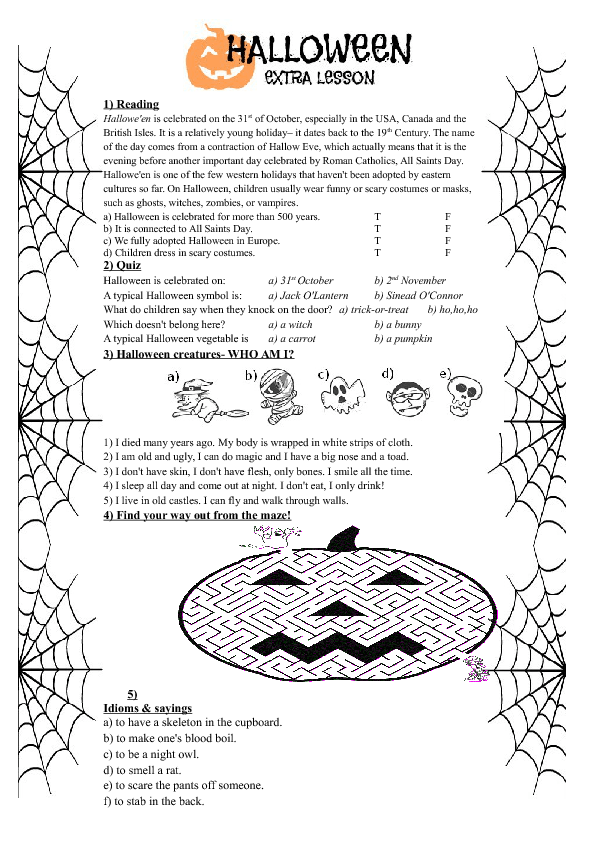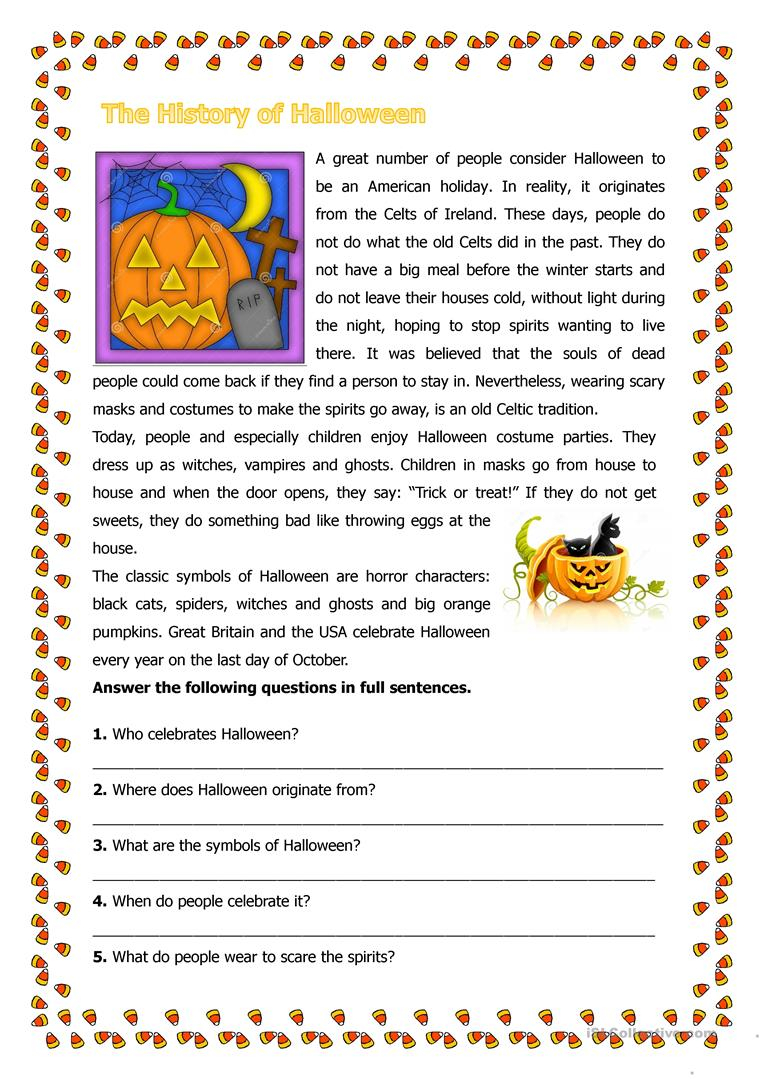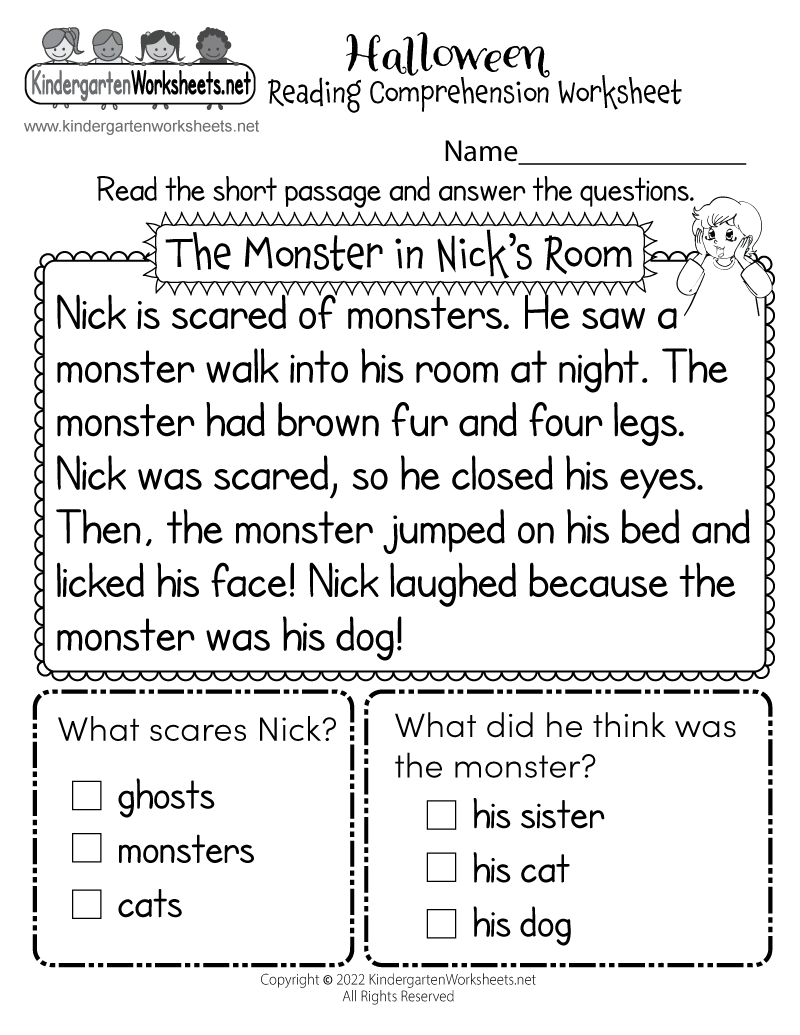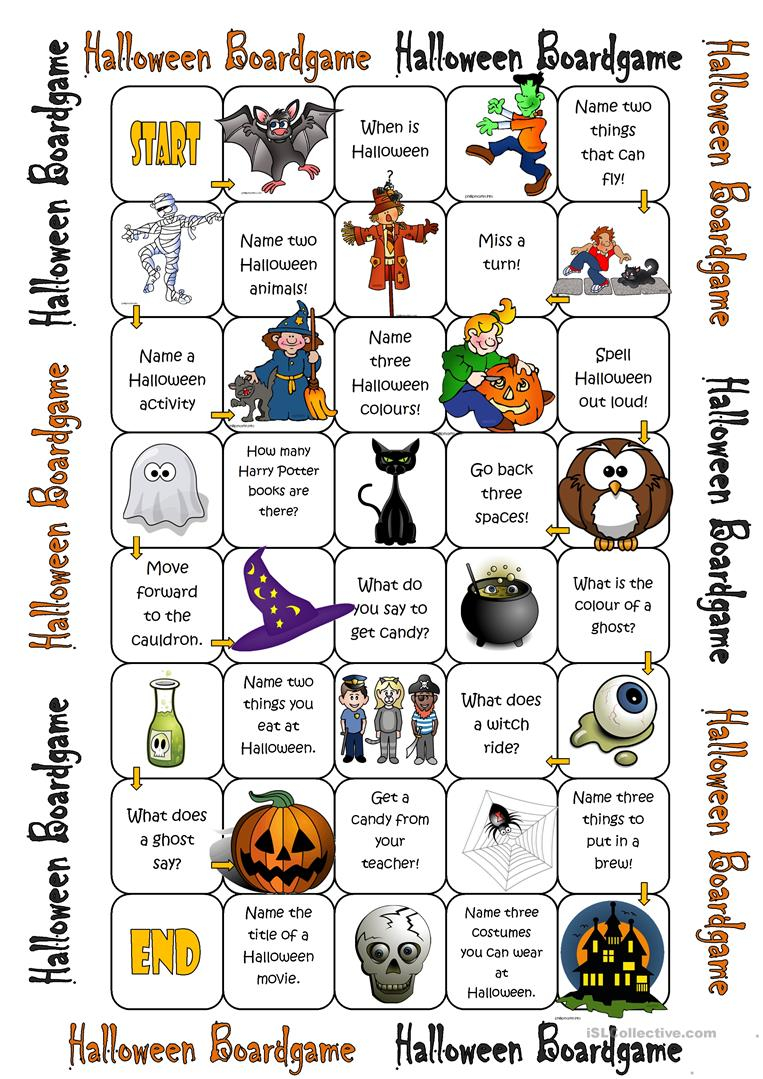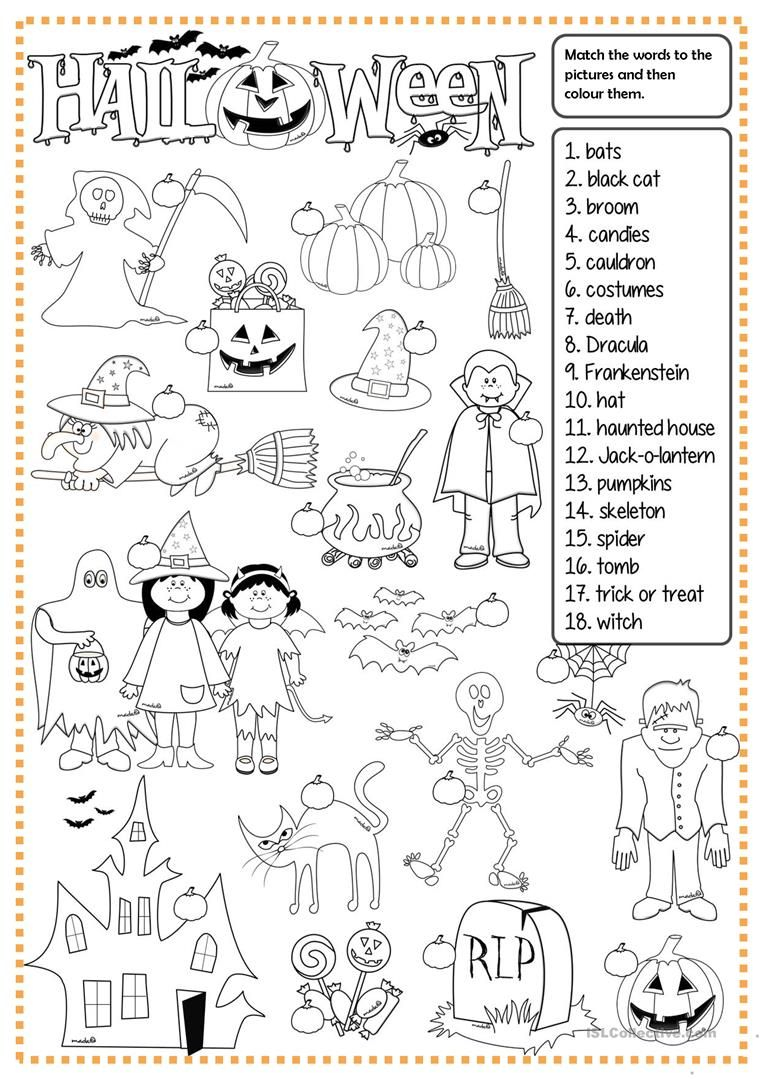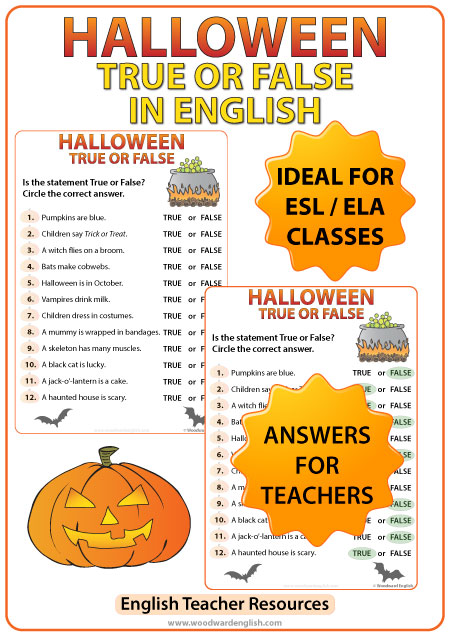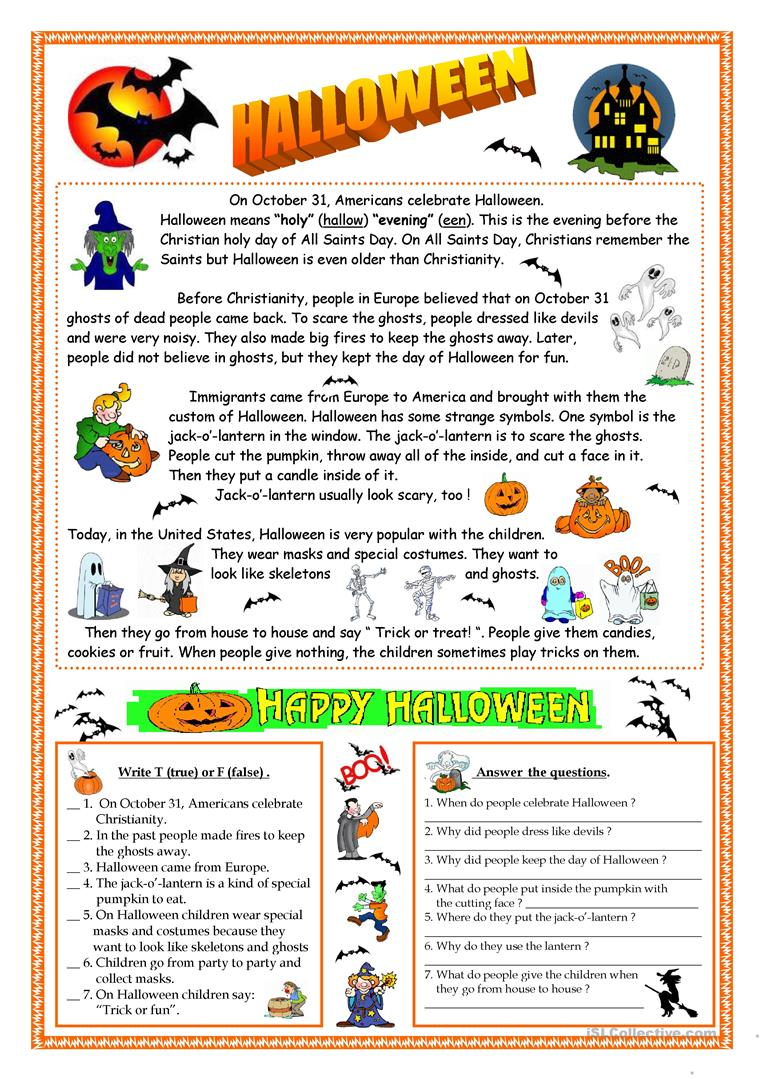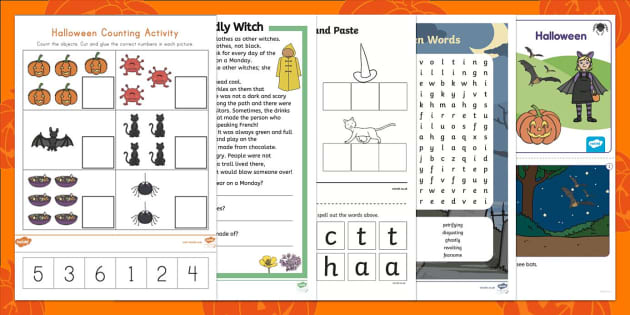what is halloween in english halloween store erie pa
Halloween or Hallowe'en[ 7 ][ 8 ] (less commonly known as Allhalloween, [ 9 ]All Hallows' Eve, [ 10 ] or All Saints' Eve) [ 11 ] is a celebration observed in many countries on 31 October, the eve of the Western Christian feast of All Hallows' Day. Halloween had its origins in the festival of Samhain among the Celts of ancient Britain and Ireland. On the day corresponding to November 1 on contemporary calendars, the new year was believed to begin. That date was considered the beginning of the winter period, the date on which the herds were returned from pasture and land tenures were renewed. Halloween’s origins date back to the ancient Celtic festival of Samhain (pronounced sow-in). The Celts, who lived 2,000 years ago, mostly in the area that is now Ireland, the United Kingdom and Halloween originated from Ireland. The pagan holiday Samhain, which the All Saints holy day replaced, was also known as the Day of the Dead. Many wiccans and modern pagans celebrate the Day of the Dead. It is the day that some believed the souls of dead people come back to Earth. This is a happy holiday (even though it celebrates death) because The tradition of Halloween on 31 October comes from the ancient Celtic festival of Samhain. Samhain was the Celtic New Year and they celebrated it on 1 November because that was the end of summer and harvest time (life) and the beginning of winter (death). It was also the time for ghosts to return to earth for a day. Halloween is among the oldest traditions in the world as it touches on an essential element of the human condition: the relationship between the living and the dead. The observance evolved from ancient rituals marking the transition from summer to winter, thereby associating it with transformation, which is still a central theme of the holiday. According to Kelly, the name is a combination of the Scottish words “hallow,” which loosely translates into “saint” or “holy person,” and “een,” which means “evening.”. In It is a time when people dress up in costumes, go trick-or-treating, and carve jack-o’-lanterns from hollowed out pumpkins. Ghosts and witches are popular costumes of the children who go from house to house saying, “Trick-or-treat!” The treat is usually candy. The origins of Halloween date back to several ancient festivals held in the autumn. Halloween costumes. People of all ages dress up on Halloween. In the UK some of the most popular costumes include witches, vampires, ghosts, skeletons, zombies and monsters. We can trace this tradition back to the Celts, who were afraid of the ghosts that came on Samhain. If they went outside after dark, they covered their faces with masks. Halloween originated with the ancient Celtic festival of Samhain and is now a worldwide event. Learn about the jack‑o‑lantern, trick‑or‑treating, Halloween costumes and more. On 31 October, we celebrate the holiday known as Halloween. Although the revelries and observances of this day primarily occur in regions of the Western world, it has become an increasingly popular tradition across the globe, especially in Eastern Europe and in Asian countries such as Japan and China. Samhain is a pagan religious festival originating from an ancient Celtic spiritual tradition. In modern times, Samhain (a Gaelic word pronounced “sow‑win”) is usually celebrated from October It is believed that Samhain and the Christian Saints holidays influenced each other and the modern Halloween. How did Halloween develop in the U.S.? In colonial America, Halloween as we know it was not celebrated. The Puritans of New England strongly opposed the holiday and rejected many other holidays. What is the meaning of Halloween? The current English name Halloween traces back to medieval Christianity. The word hallow is derived from the Middle and Old English words for holy. As a noun, it can also mean saint. In those days, the Christian holiday we know as All Saints' Day was called All Hallows' Day, and the day before, when an evening Halloween's origins can be traced to the ancient Celtic festival of Samhain. Over the centuries, Halloween evolved, taking on Christian influences, European myth and American consumerism. The day, in old English, was known as All-Hallowmas, and the night before it, the traditional night of Samhain in the Celtic religion, began to be called All-Hallows Eve and, eventually, Halloween. As Europeans began to move to North America, they took their traditions with them, including Halloween. Today Halloween is considered a holiday for dress-up and fun, especially for children. Halloween’s origins can be traced back to the ancient Celtic festival known as Samhain, which was held on November 1 in contemporary calendars. It was believed that on that day, the souls of the dead returned to their homes, so people dressed in costumes While the ghosts of today’s Halloween are often portrayed as spooky and eerie, in ancient Celtic times, they were much friendlier. This is because All Hallows’ Eve, the holiday from which Halloween comes and upon which it is based, supposedly made it possible for the deceased to walk the earth – including dear friends and family. Download the free printable worksheet lesson directly from my website: Halloween is on 31 October and it's celebrated by many children, teenagers and adults around the world. A lot of the Halloween traditions that we know today began in Ireland, England, Scotland and Wales hundreds of years ago.
Photos

